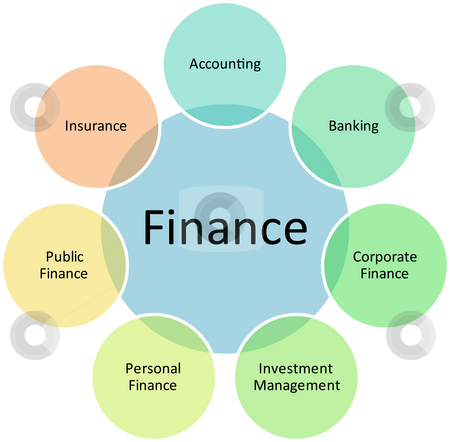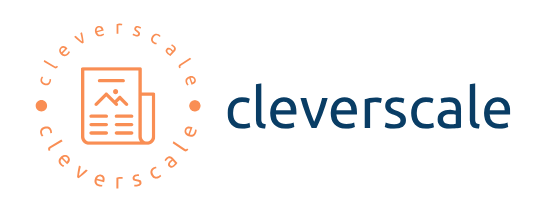Five Ways to Get Business Start-Up Funding
 Getting start-up capital can be a challenging process as your business prepares to take its first small steps. No matter how great of a business idea you have in order to turn that idea into reality by launching your business you will need business financing.
Getting start-up capital can be a challenging process as your business prepares to take its first small steps. No matter how great of a business idea you have in order to turn that idea into reality by launching your business you will need business financing.
How do you go about

 Did you know that the word entrepreneur comes from a French word “entreprendre” which means “to undertake? If you want to get more analytical and you speak French, you might think it comes from combining two verbs “entre” and “prendre.” “Entrer” means “to enter” and “prendre” means “to take” so
Did you know that the word entrepreneur comes from a French word “entreprendre” which means “to undertake? If you want to get more analytical and you speak French, you might think it comes from combining two verbs “entre” and “prendre.” “Entrer” means “to enter” and “prendre” means “to take” so